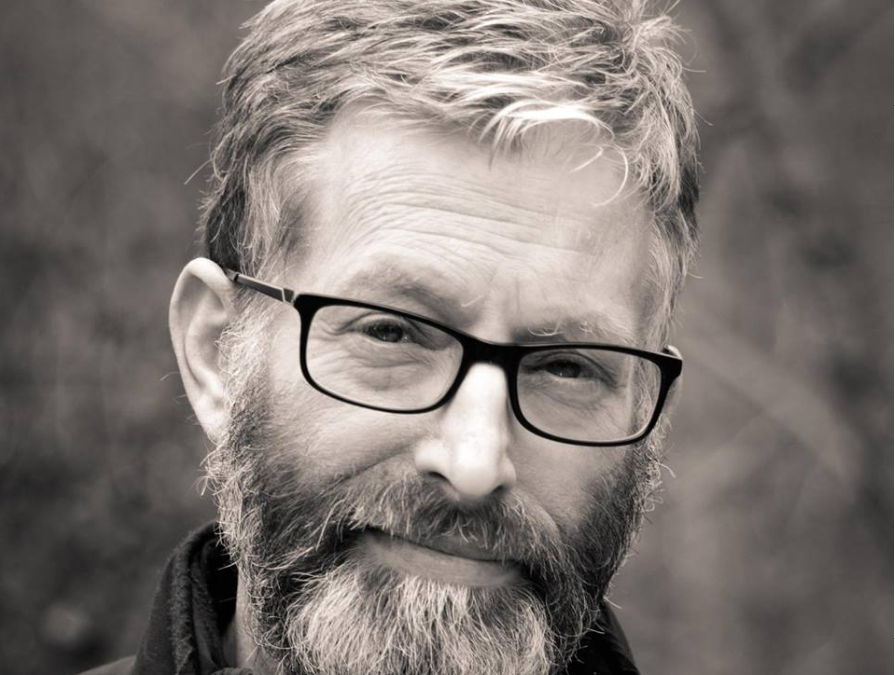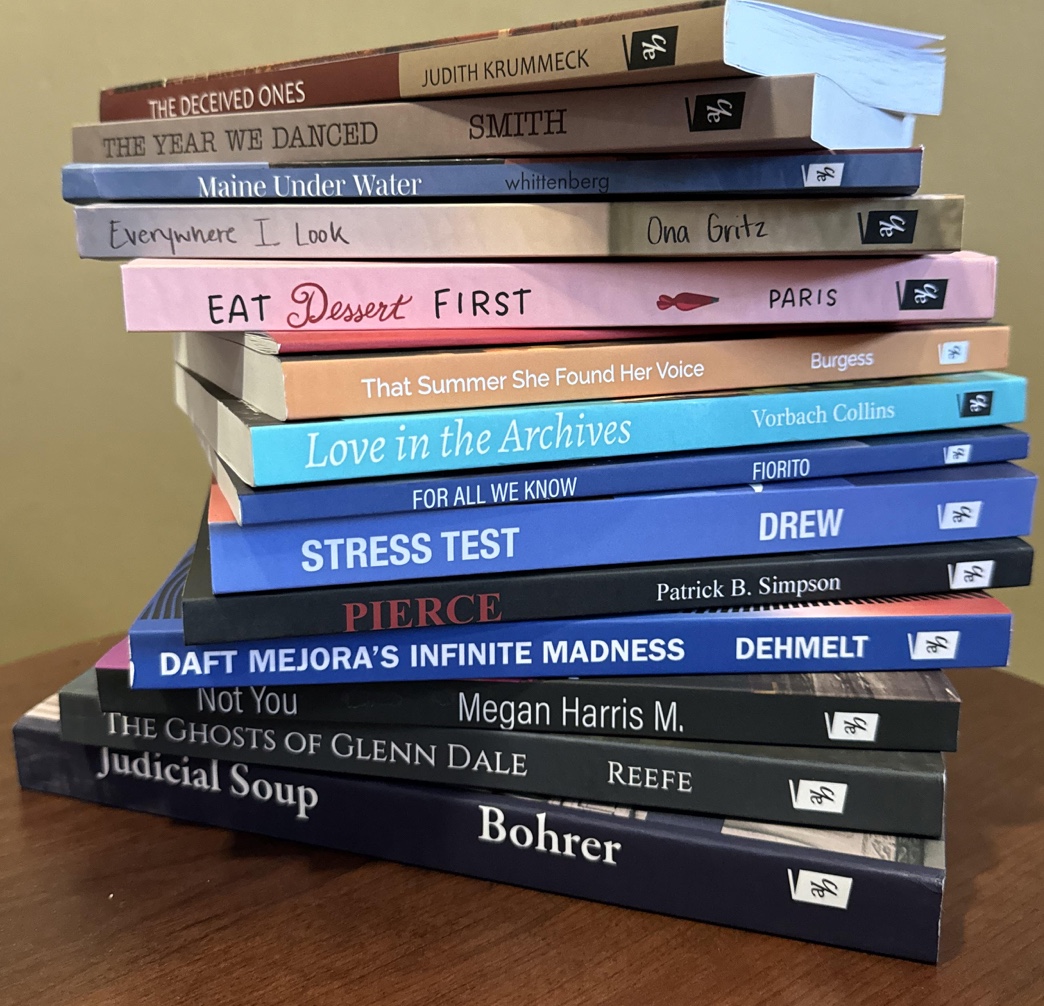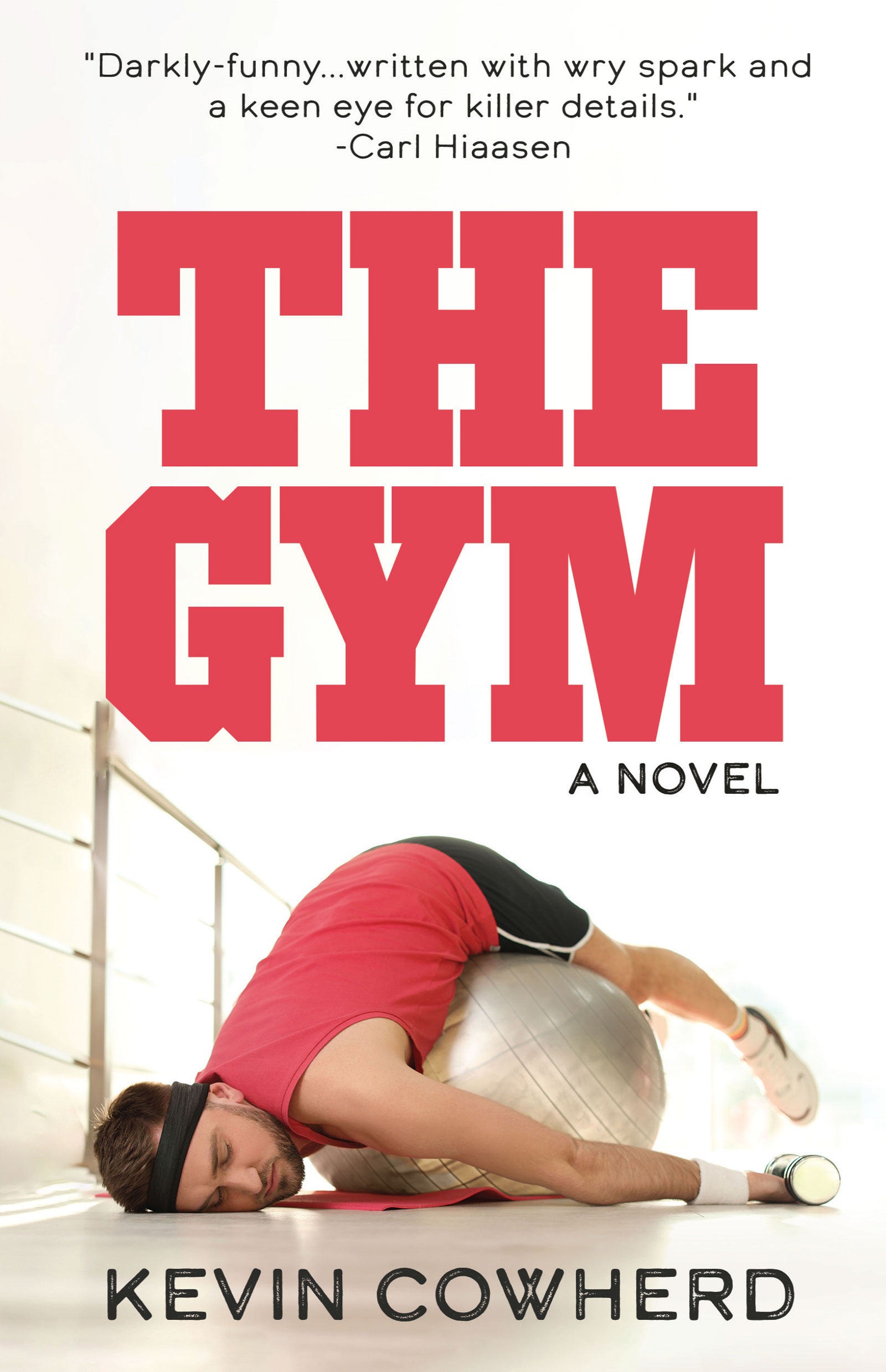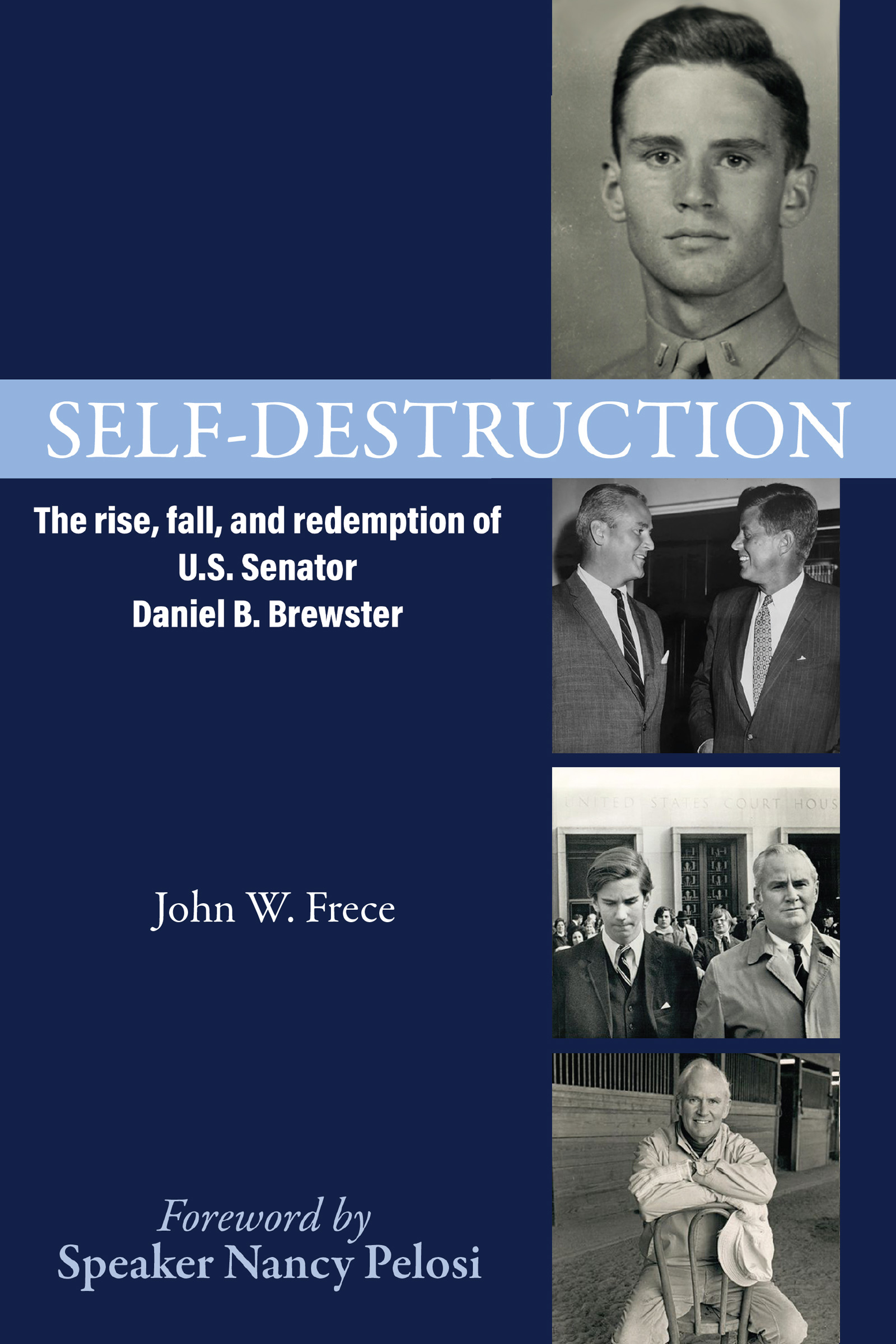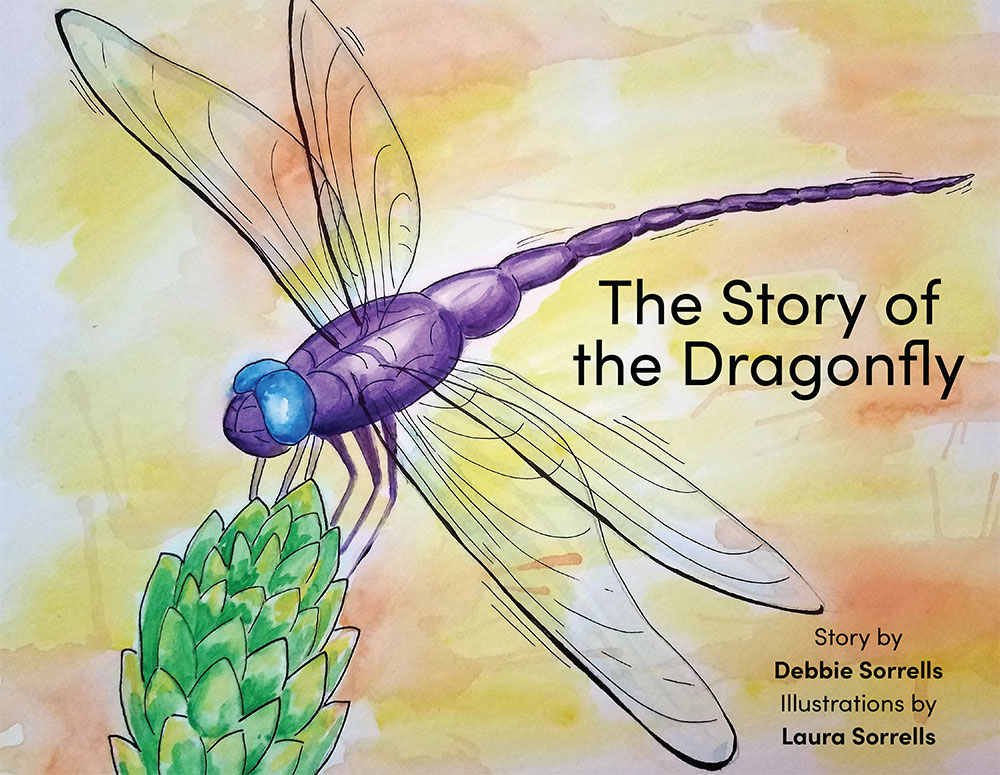Retina Boy is an adventurous allegory in which teenagers, a blind alien boy, and a girl unable to walk heroically save the Earth from a takeover by the blind inhabitants of Zooba, a planet on the brink of environmental collapse. Ultimately, the story’s human and Zooban protagonists save both planets by organizing Zooba’s first ever rock concert and proposing cross species conception to potentially bestow eyesight to Zoobans. The book is actually two parallel stories, one about the alien protagonist’s life on Earth and the other about the human boy’s struggles on Zooba until the two characters come together in the latter chapters. The book features themes such as: environmental conservation, diversity and inclusion, and nonviolence.
In the following interview, author Ben Shaberman shares information about the novel, his volunteer experience, and how the course of his career influenced his decision to become a writer.
Q: What inspired you to write Retina Boy?
A: As a science writer and presenter for the Foundation Fighting Blindness over the past 14 years, I’ve met dozens of families who are affected by progressive vision loss from inherited retinal diseases. The conditions can be devastating. But kids often take their vision loss (sometimes complete blindness) in stride. They are often bold and courageous and have happy and productive lives. They are my heroes. Retina Boy is an homage to the kids who take on their retinal conditions with no fear.
Q: Why the title Retina Boy?
A: I think the name sounds like one that might be given to a superhero, even though the Retina Boy character is by no means a classic superhero. Ironically, the protagonist barely has retinas – they are essentially missing. Also, the retina is an amazingly powerful and complex piece of thin, fragile tissue. Lining the back of the eye, it gives us vision. But most people don’t ever think about their retinas until something goes wrong. In a way, the book is a tribute to our retinas, as well.
Q: As a person from Cleveland, how did you enjoy Cleveland state? Did it help contribute to your love for writing?
A: I had absolutely no idea I’d be a writer when I was in college. I wanted to be a marketing executive in the computer industry. I had dabbled in poetry in high school, but that was the extent of my writing interest at that point. During college, I worked my way through school. I learned how to be disciplined and focused. The Cleveland State experience prepared me well for the working world.
Q: How did you go from studying computer science to writing? Did this impact any of your work at all?
A: After about 10 years in data communications and Internet marketing, I realized I wasn’t happy. The corporate world just wasn’t for me. I decided to get a masters in poetry just to exercise a different part of my brain. It was as if I was deprogramming myself. I realized I enjoyed crafting a poem or an essay more than I liked closing a deal. In 1998, I was able to leverage my poetry degree into a writing position with a hospice care company. At about the same time, I also had success in publishing humorous essays and commentaries in magazines and newspapers.
Q: Do your volunteer experiences coincide with your written works?
A: Yes, I have written about my experiences as a volunteer in the hospice care and vegan communities. But really, I write about anything and everything.
Q: Was it difficult to write this story? Did you experience any writer’s or reader’s block?
A: Writing about Retina Boy and his friends on Earth was relatively straightforward. Writing about Zooba, a planet of blind inhabitants on the brink of environmental collapse, was very challenging. I came to this book without having written much science fiction, so that presented a challenge, as well. What would a world of blind beings be like? How would they function and get around? It took a lot of work and thought to ensure the story held together. Fortunately, I don’t get writer’s block often. Usually if I go out for a run – I am an avid runner – I get good ideas that keep me moving forward.
Q: If you could see Retina Boy as a television show or movie, how would you like it to be portrayed? Who would you like to be actors, etc.
A: Retina Boy isn’t just a sci-fi adventure – it’s about relationships and music and the challenges of having a disability. It is more about the story than the action. I wouldn’t want it to be adapted into something with lots of special effects and space battles. Full disclosure: The Star Wars franchise does absolutely nothing for me.
Q: If you could tell your younger writing self anything, what would it be?
A: I would thank my younger writing self for taking chances and risks and for not being dissuaded by negative people who just didn’t have my interests at heart. Unfortunately, there are people in the world who are down and just want to bring you down to their unhappy level. I would also thank my younger self for persevering through lots of rejection – that is just part of being a writer. However, I would tell younger self he could have written more.
Q: What do you owe the real people upon whom you base your characters?
A: I don’t think I owe them anything, per se. I am just thankful and privileged to have had them in my lives. They have been incredible inspirations.
